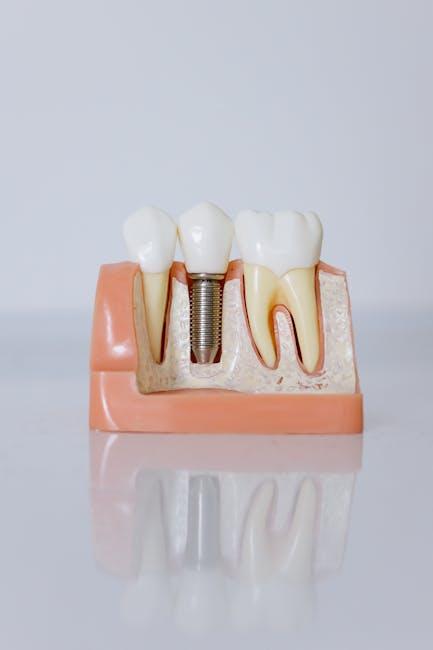
ADA Raises Concerns Over Dental Insurer’s Acquisition of Dental Practices
In a significant development in the dental industry, the American Dental Association (ADA) has recently voiced serious concerns about a major dental insurer’s increasing acquisition of independent dental practices. Reported thoroughly by adanews.ada.org, this trend is stirring debates about the future of dentistry, patient care quality, and professional autonomy for dentists nationwide.
Understanding the Issue: Dental Insurer Acquisitions Explained
Over the past several years, dental insurers have begun acquiring individual dental practices and dental service organizations (DSOs). This consolidation brings dental practices under direct insurer control, an evolution that the ADA argues could have profound repercussions:
- Compromised Dentists’ Clinical Autonomy: Dentists may face pressure to align treatments with insurer policies instead of individualized patient needs.
- Potential Decline in Patient-Centered Care: Insurance-driven models could prioritize cost-cutting over comprehensive care.
- Reduced Competition and Innovation: Market consolidation might reduce choices for both dentists and patients.
Why the ADA is Concerned
The ADA represents over 160,000 dental professionals and serves as a leading voice protecting the interests of dentists and patients. Their concerns triggered after observing insurer consolidation accelerating at a rapid pace, possibly reshaping the landscape of dental practice ownership.
Key concerns raised include:
| ADA Concern | Potential Impact |
|---|---|
| Loss of dentist independence | Decision-making driven by insurer profit motives rather than professional judgment |
| Patient care compromises | Increased constraints on treatment options and possible cost-cutting on necessary procedures |
| Market monopolization | Fewer choices and less competitive pricing for consumers |
| Ethical dilemmas | Dentists may face conflicts between insurer priorities and patient welfare |
Implications for Dentists and Patients
For Dentists
- Professional Autonomy: Providers risk losing control over their clinical decisions.
- Revenue and Job Satisfaction: Insurer mandates may affect reimbursements and workplace morale.
- Career Path Changes: Dentist owners becoming employees rather than independent practice owners.
For Patients
- Access to Care: Possible reductions in personalized treatment options.
- Cost Concerns: Potential shifts in plan coverage and possible increased out-of-pocket expenses.
- Continuity of Care: Changes in practice management might affect patient-provider relationships.
Practical Tips for Dental Professionals
Given the evolving dental practice landscape, dentists should proactively prepare and safeguard their professional interests by:
- Staying Informed: Regularly follow ADA updates and industry trends on dental insurer acquisitions.
- Evaluating Practice Ownership Options: Consider models that preserve autonomy such as partnerships or physician-led DSOs.
- Engaging in Advocacy: Support ADA efforts and participate in policy discussions that protect dental practice independence.
- Building Strong Patient Relationships: Prioritize transparency and communication to maintain trust amidst practice changes.
Case Study Highlight: Independent Practice vs. Insurer-owned DSO
To illustrate the differences, consider two typical patient care experiences:
| Aspect | Independent Practice | Insurer-owned DSO |
|---|---|---|
| Treatment Decisions | Dentist decides based on patient condition and preferences | Guided by insurer protocols and cost-efficiency guidelines |
| Patient Interaction | Personalized, long-term relationship | Standardized approach, potential turnover of providers |
| Billing Transparency | Clear, itemized statements | Complex insurance billing and limited upfront cost clarity |
First-Hand Experience: What Dentists Are Saying
Several dentists have shared their perspectives on insurer acquisitions:
“After our practice was acquired, decisions started feeling like corporate mandates rather than clinical judgments. It’s challenging when profit motives overshadow patient care.” — Dr. Laura M.
“Being independent means I can provide the best personalized care. I worry that large insurer DSOs may prioritize volume over value.” — Dr. Raj K.
Conclusion: The Road Ahead for Dentistry
The ADA’s concerns over dental insurer acquisitions underscore a critical juncture in dentistry’s future. While corporate consolidation offers some efficiencies, it threatens the very core values of clinical autonomy and patient-centered care. As this trend continues, dentists and patients alike must stay vigilant, support advocacy efforts, and make informed choices about care models.
For ongoing coverage and updates on this important issue, visit adanews.ada.org.


